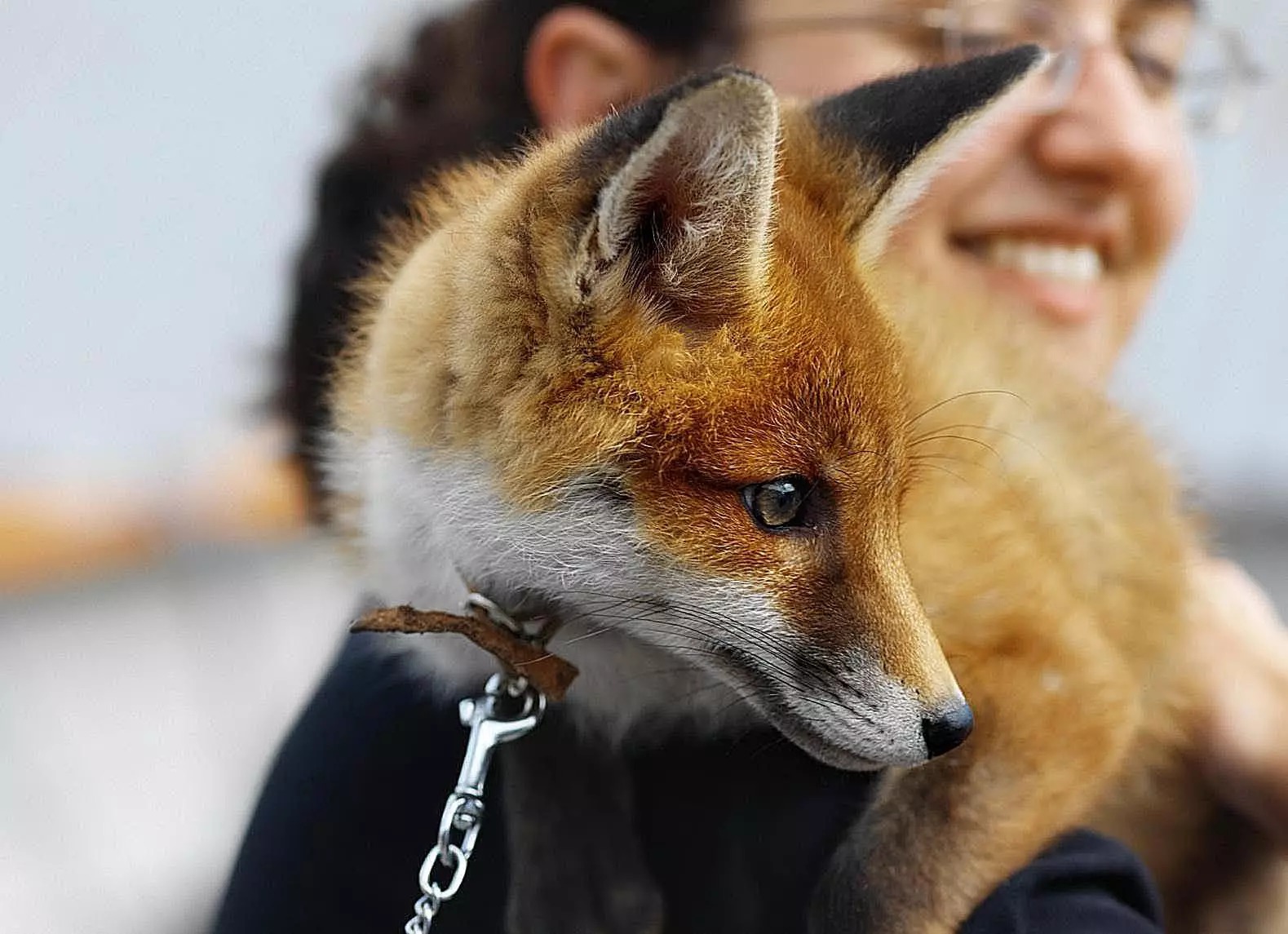Owning a pet fox can be a captivating, if not a complicated, choice for animal lovers. While these creatures share traits with domesticated dogs, their behavior, social needs, and care requirements significantly differ. As increasingly more individuals express interest in exotic pets, specifically foxes, it is crucial to understand their complexities. This article will delve into the various species of pet foxes, their needs, and whether they are suitable companions for the average household.
Foxes, particularly those belonging to the Vulpes genus, exhibit a blend of both wild and domestic traits. While they may look like small dogs with their bushy tails and pointed ears, they are nonetheless not domesticated creatures. Their behaviors, rooted deeply in their wild ancestry, can manifest in everyday life, from their instinct to dig and mark territory to their high energy levels.
Moreover, ownership entails more than mere novelty; it involves comprehending what makes these animals thrive. The physical stature and personality of pet foxes widely differ, impacting their suitability for domestic life. While fennec foxes are often seen as a charming pet option due to their size and affectionate nature, red foxes are infamous for their strong odors and need for larger spaces to roam and dig.
Before considering bringing a fox home, prospective owners must navigate a complex web of legal and ethical considerations. Laws surrounding the ownership of exotic pets vary widely by state and even between municipalities. Some places classify foxes as wild canines, non-domesticated animals, or exotic species, resulting in a patchwork of legality. Potential owners must diligently research local regulations to ensure they are allowed to keep a fox in their state or region.
Additionally, ethical questions come into play when considering a wild animal as a pet. It is essential to reflect on whether one can genuinely meet the needs of such an animal and provide it with a quality life that mimics its natural environment. Unlike dogs, which have undergone centuries of selective breeding for companionship, foxes have not restructured their fundamental instincts and needs to suit the home setting.
Among the diverse species, the fennec fox stands out as one of the most popular pet options. Known for its petite size and large ears, the fennec fox thrives in human companionship and tends to be playful and vocal. However, prospective owners should also consider the potential for nippy behavior, particularly around small children or other pets.
On the other end of the spectrum lies the domesticated silver fox, whose temperament and manageable odor make it a more favorable choice for some. Bred in Russia specifically for domestication, this subspecies comes with dog-like traits, leading to a more harmonious relationship with human owners. However, securing one may be challenging, as they are not easily obtained outside Russia, and the price tag often reaches upwards of $10,000.
The red fox, while possessing a coveted sweetness akin to house cats, presents its challenges. Their potent odor and extensive space requirements make them a cumbersome option for many. Conversely, the gray fox remains uncommonly kept as a pet but is generally recognized for its friendly nature.
Essential Care Requirements
Regardless of the species selected, adopting a pet fox entails a commitment to differentiated care. Foxes require substantial exercise and enrichment; they often display traits of escape artistry and boredom when left unfocused. An ideal living space would be a secure outdoor enclosure that allows for physical activity and mental stimulation.
Nutrition too plays a pivotal role in a fox’s health. A balanced diet needs to be crafted for these omnivorous creatures, incorporating proteins, fruits, and vegetables to reflect their natural dietary preferences. Moreover, regular check-ups with an exotic animal veterinarian are indispensable in ensuring their well-being.
Lastly, socialization is vital, not only with humans but with other pets. Foxes can develop complex dynamics with their living companions, necessitating careful introductions and consistent oversight to ensure harmony in the household.
While owning a pet fox may be an enticing option for animal enthusiasts, it is paramount to approach the decision with a comprehensive understanding of the species. From navigating legal requirements to providing a suitable environment and care needs, the commitment involved is substantial. Prospective owners should weigh the charming allure of these exotic animals against the complexities of their care, behavior, and overall suitability as a pet. Ultimately, with the right approach and dedication, owning a fox can be a rewarding experience for both the owner and the fox itself.


Leave a Reply